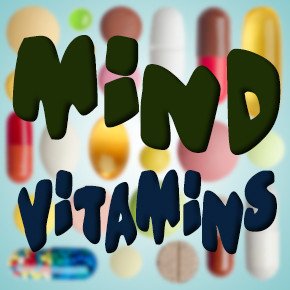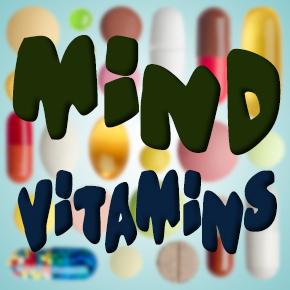 Medical school does a great job of teaching students about anatomy, biochemistry, differential diagnoses, diseases, medications, lab tests and imaging studies. Although science is a critical and indispensable part of being a doctor, understanding patients as unique individuals can be crucial to providing the best care. Knowing a patient’s story and being able to empathize can improve patient outcomes and adherence. While it is more difficult to quantify the effect of empathy than the effect of using two different beta-blockers, it is nonetheless difficult to deny that empathy plays an important role in patient care.
Medical school does a great job of teaching students about anatomy, biochemistry, differential diagnoses, diseases, medications, lab tests and imaging studies. Although science is a critical and indispensable part of being a doctor, understanding patients as unique individuals can be crucial to providing the best care. Knowing a patient’s story and being able to empathize can improve patient outcomes and adherence. While it is more difficult to quantify the effect of empathy than the effect of using two different beta-blockers, it is nonetheless difficult to deny that empathy plays an important role in patient care.
To understand the different perspectives of the thousands of patients a doctor will see over the course of his or her lifetime, it is imperative for students to learn beyond the textbook. Ideally, students would have time to travel the world and meet people with various perspectives, backgrounds and beliefs. Unfortunately, the time consuming nature of medical school makes this difficult. The next best thing is exposing oneself to literature, films, articles and documentaries that can allow students to gain a broader perspective. This column will provide suggestions of sources students can use to gain insight that will allow them to become doctors who not only understand science, but also the intangible aspects that affect how patients experience and respond to their illnesses.
“Doctor’s Tell All — and It’s Bad” by Meghan O’Rourke
The main focus of this article, published in “The Atlantic,” can be summed up by a single quote from it: “medicine today values intervention far more than it values care.” O’Rourke mentions her own experience with health care and why empathy is important not only to the patient, but also to the doctor. The article eloquently describes how today’s patients and doctors feel a disconnect in the patient-doctor relationship. O’Rourke then goes on to detail doctors that have written pieces on the topic, who feel the void that a lack of empathy has left. This article is a must read for any future and current medical professionals who are concerned about the future of the patient-doctor relationship.
 “Strength In What Remains” by Tracy Kidder
“Strength In What Remains” by Tracy Kidder
“Strength In What Remains” tells the true story of Deo, a refugee of the civil war in Burundi. Kidder details how Deo makes it to Columbia University after starting off homeless in New York City. Deo’s story is an extraordinary depiction of the strength of the human spirit, despite unimaginable circumstances. It is an inspiring story that will not easily be forgotten. Although Deo’s story is unique, it can help people understand, at least in part, what it is like to come to a country where one not only has nothing, but where everything is foreign. Many cities in the United States harbor refugees from countries experiencing civil wars or genocide. Often times these people need medical care, and some of the first interactions they have here are with doctors. The majority of medical students in the United States will never experience hardships like Deo’s first hand, but they will be seeing refugees in hospitals and clinics. Reading about a refugee’s experience may help students and doctors better understand how to treat them.
 “Fat, Sick, and Nearly Dead” by Joe Cross
“Fat, Sick, and Nearly Dead” by Joe Cross
This is a documentary about one man who successfully lost a significant amount of weight doing a juice fast, and how he mentors another man to do the same. Right now there is a constant stream of fad diets that gain popularity, and just as quickly, are deemed unsafe or ineffective. As obesity becomes an increasing problem, medical students are certain to see their patients struggling to lose weight. Several of these patients may be following a fad diet. This documentary provides insight into one particular fad diet, “juicing.” Even more importantly, it shows just how difficult it can be to lose weight, despite having a strong desire to do so. It can be easy to blame obese patients for their health problems, but gaining insight into their struggle can help doctors form an alliance with their patients to help them better achieve their goals.
Just like your multivitamin provides your body with the vitamins that may be missing from your diet, Mind Vitamins provides you with resources that may help fill in gaps in your med school curriculum. In med school we learn the scientific aspect of medicine that is necessary to treat diseases, but there are intangible and personal aspects that are necessary to treat the whole patient. This column will enrich your education so that you may be able to better understand your patients’ perspectives and treat them not just as a disease, but as a person.

